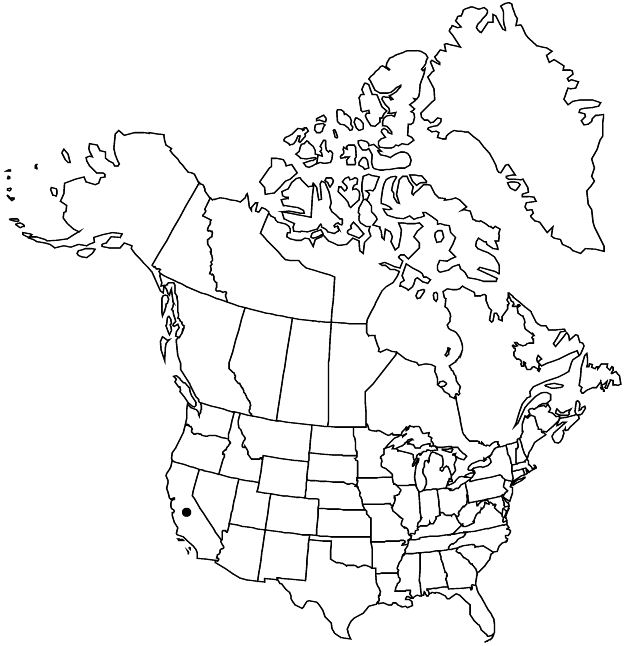Difference between revisions of "Potentilla grayi"
Proc. Amer. Acad. Arts 8: 560. 1873.
FNA>Volume Importer |
imported>Volume Importer |
||
| (2 intermediate revisions by 2 users not shown) | |||
| Line 56: | Line 56: | ||
|publication year=1873 | |publication year=1873 | ||
|special status=Endemic | |special status=Endemic | ||
| − | |source xml=https:// | + | |source xml=https://bitbucket.org/aafc-mbb/fna-data-curation/src/2e0870ddd59836b60bcf96646a41e87ea5a5943a/coarse_grained_fna_xml/V9/V9_287.xml |
|subfamily=Rosaceae subfam. Rosoideae | |subfamily=Rosaceae subfam. Rosoideae | ||
|tribe=Rosaceae tribe Potentilleae | |tribe=Rosaceae tribe Potentilleae | ||
Latest revision as of 22:55, 5 November 2020
Plants rosetted or ± tufted; caudex branches absent or short to elongate, stout to slender. Stems ascending to erect, (0.4–)1–2 dm, lengths 2–4 times basal leaves. Basal leaves not in ranks, ternate, (1–)2–5(–7) cm; stipules: apex acute to rounded; petiole 1–4 cm, hairs absent or long hairs sparse to common, appressed, 0.5–1 mm, stiff, glands absent; leaflets 3, central obovate to flabellate, 1–2.5 × 0.5–2 cm, petiolule (1–)3–10 mm, margins flat, not lobed, distal 1/2–3/4 ± evenly incised 1/4–1/2 to midvein, teeth (2–)3(–4) per side, not secondarily toothed, surfaces similar, green, sometimes ±glaucous, hairs absent or sparse to common, 0.5 mm, glands absent. Inflorescences 1–6-flowered. Pedicels straight, 0.5–2 cm in flower, to 5 cm in fruit. Flowers: epicalyx bractlets elliptic to oval, 2–4.5 × 1–2 mm, margins flat; hypanthium 2.5–4 mm diam.; sepals 3–5.5 mm, apex acute to obtuse; petals yellow, 4–7 × 4–6 mm; filaments 1–3 mm, anthers 0.5–0.9 mm; carpels 10–30, styles filiform, not or slightly papillate-swollen proximally, 1–2.5 mm. Achenes 1.2–1.5 mm.
Phenology: Flowering summer.
Habitat: Moist stream banks, lakeshores, meadows, in conifer woodlands
Elevation: 2000–2800 m
Discussion
Potentilla grayi occurs on the western slope of the Sierra Nevada from El Dorado County to Tulare County, well within the range of P. flabellifolia. Some collections are intermediate between the two. Potentilla grayi can be distinguished by its tendency to have glabrous or strigose leaves, distinctly petiolulate leaflets with simple teeth, paler yellow petals, and a less-branched caudex.
The report of Potentilla grayi in New Mexico (J. D. Garcia 1970) was based on a specimen of P. norvegica (sect. Rivales).
Selected References
None.
